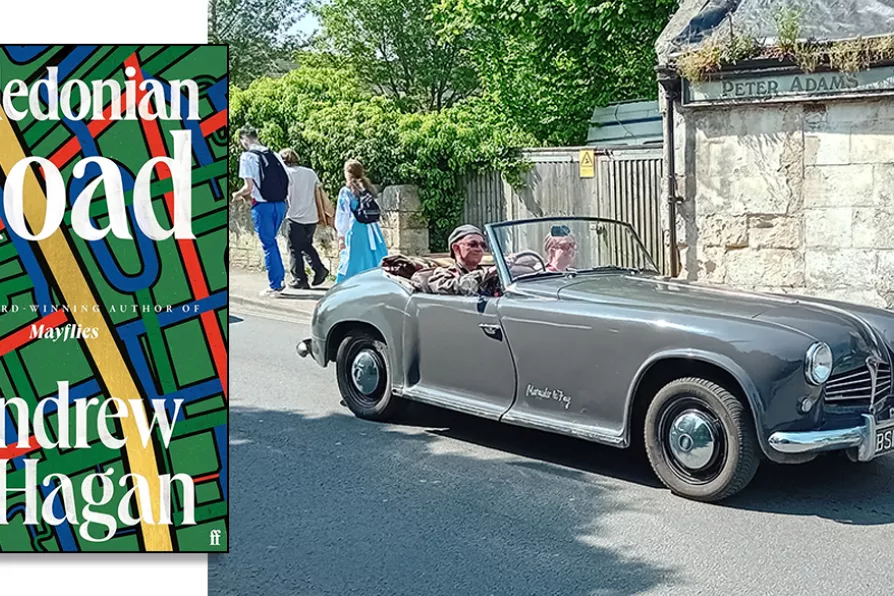MARJORIE MAYO recommends an accessible and unsettling novel that uses a true incident of death in the Channel to raise questions of wider moral responsibility
Class menagerie
FIONA O’CONNOR assesses a dense and overpopulated novel that isn’t satire and doesn’t go deep

 CRUISING FOR A BRUISING: North London Liberal hypocrisy gets its just deserts
CRUISING FOR A BRUISING: North London Liberal hypocrisy gets its just deserts
Caledonian Road
Andrew O’Hagan
Faber, £20
FREDERIC JAMESON used the term “national allegory” for the view that literature is really an attempt to discover a country’s identity, and therefore its inhabitants.
In Caledonian Road, big thumper of a novel at over 600 pages, Scottish writer Andrew O’Hagan offers a post-Brexit, liberalist mea culpa of sorts, repositioning Britain in its isolated decline.
O’Hagan’s focus is a London “levitating on a sea of dirty money,” as Sergei Magnitsky put it. Emerging from the pandemic in 2020, the masks are coming off and there’s profit to be extracted.
Similar stories

TIM DAWSON looks at how obsessive police surveillance of journalists undermines the very essence of democracy











